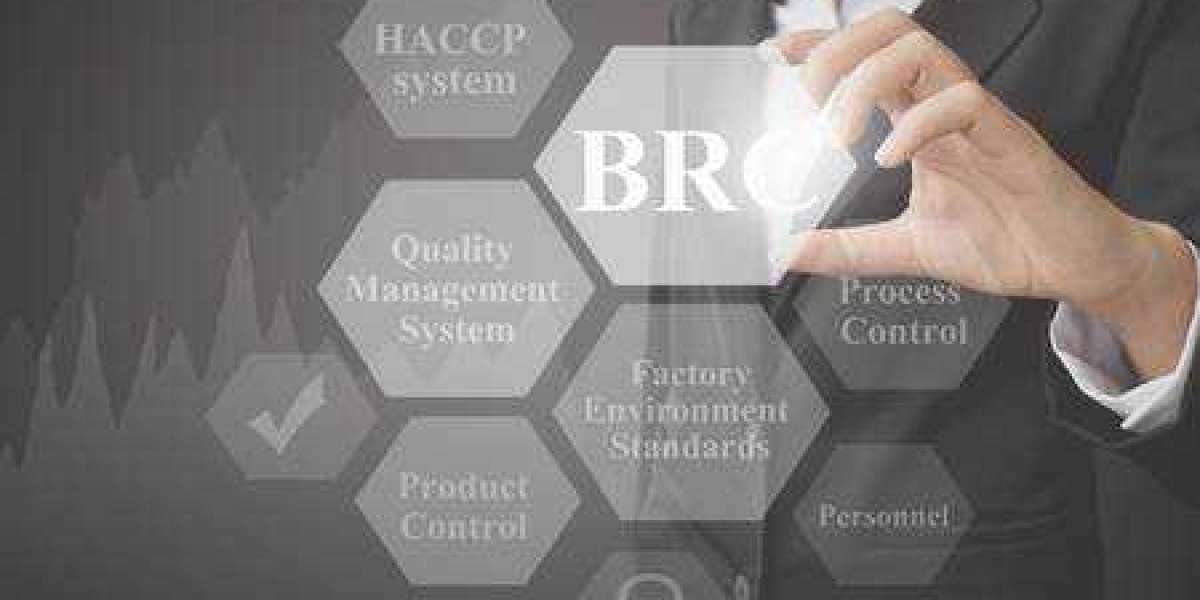In today's globalized market, consumers are more conscious than ever about the quality and safety of the products they purchase. To meet these evolving demands, businesses in the food and consumer goods industries must maintain rigorous standards for their products. One vital step in achieving this is obtaining BRC certification. This article provides an overview of BRC certification, its significance, and why it matters to both businesses and consumers.
What is BRC Certification?
BRC, which stands for British Retail Consortium, is a globally recognized certification scheme that sets stringent standards for food safety, quality, and operational criteria in various sectors. Originally developed in the United Kingdom, the BRC certification is now widely adopted by suppliers and retailers across the world. It ensures that businesses follow best practices in manufacturing, handling, and distributing products to guarantee safety and quality.
The Significance of BRC Certification
Enhanced Consumer Confidence: BRC certification is a mark of quality assurance. When consumers see products with the BRC logo, they gain confidence that these items meet the highest industry standards in terms of safety, hygiene, and quality.
Global Market Access: BRC certification opens doors to international markets. Many retailers and distributors, particularly in Europe, require their suppliers to have BRC certification. Thus, obtaining this certification can expand a business's reach and revenue potential.
Risk Mitigation: Compliance with BRC standards reduces the risk of product recalls, legal issues, and reputational damage. It helps businesses avoid costly setbacks by ensuring that their products meet rigorous safety and quality criteria.
Operational Excellence: Achieving BRC certification necessitates streamlining and improving processes throughout the supply chain, which can lead to operational efficiency and cost savings.
Why BRC Matters to Businesses
Obtaining BRC certification is a multi-faceted endeavor, but the benefits it offers far outweigh the effort. For businesses, it means adopting practices that enhance product safety and quality, which, in turn, can result in higher customer satisfaction and trust. Additionally, BRC certification allows companies to compete more effectively in the global market and secure partnerships with prominent retailers.
Why BRC Matters to Consumers
Consumers are becoming increasingly health-conscious and concerned about the source and quality of the products they buy. BRC certification serves as a clear indicator that the manufacturer has adhered to strict standards, providing consumers with confidence in the safety and quality of the products they purchase. This peace of mind makes BRC-certified products more attractive to discerning shoppers.
In conclusion, BRC certification is a testament to a business's commitment to providing safe and high-quality products. It benefits both businesses and consumers by enhancing safety, quality, and market access. By pursuing BRC certification, companies demonstrate their dedication to meeting the highest industry standards, ultimately fostering trust and confidence in their products.








